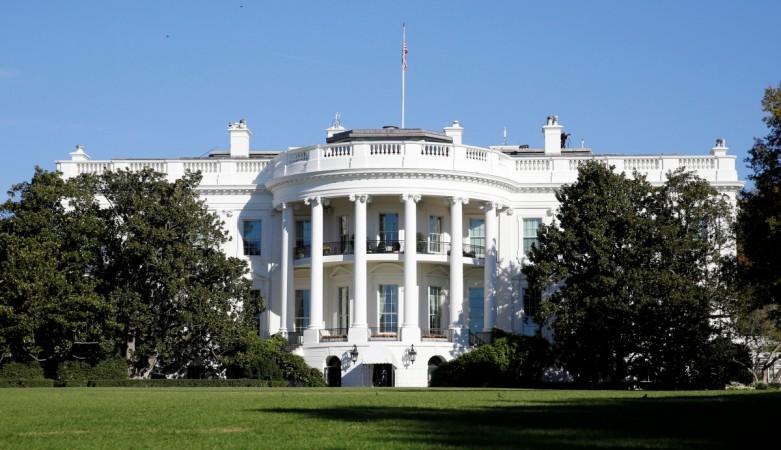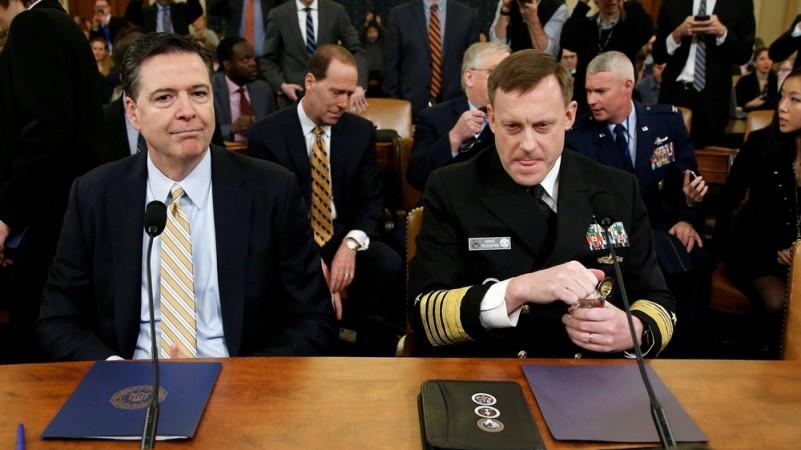
The White House on Wednesday ruled out the need to appoint a special prosecutor to investigate Russia's alleged interference in the 2016 United States presidential election, and the Trump administration's ties with Russian officials during the time.
US President Donald Trump fired the Federal Bureau of Investigation (FBI) chief James Comey on Tuesday on the pretext of incompetency in handling Democrat Hillary Clinton's private server emails case. Comey had recently announced in front of a congressional committee that his agency was actively investigating Trump administration's ties with Russia.
Comey and the director of the National Security Agency (NSA) in March had said that their probe into the Moscow links could go on for months. With Comey gone, there were speculations whether a special prosecutor would be hired to investigate the case, however the White House appeared to shut down the notion.
White House Principal Deputy Secretary Sarah Huckabee Sanders on Wednesday told reporters that a special prosecutor was "not necessary."
"We don't think it's necessary. You've got a House committee, a Senate committee and Department of Justice all working on this," Sanders said.

Sanders said that Deputy Attorney General Rod Rosenstein has strong bipartisan support and is "independent enough" to carry out the investigation. Rosenstein had prepared an assessment establishing the grounds to sack Comey.
President Donald Trump on Wednesday met Acting Federal Bureau of Investigation (FBI) Director Andrew McCabe to discuss the situation and morale at the agency after the firing of the James Comey a day earlier.
The White House also issued a timeline claiming how Trump lost confidence in Comey over the course of the last several months.
"After watching Director Comey's testimony last Wednesday [at Capitol Hill], the President was strongly inclined to remove him."
"On Monday, the President met with the Attorney General and the Deputy Attorney General and they discussed reasons for removing the Director," the White House said. "The next day, the Deputy Attorney General sent his written recommendation to the Attorney General and the Attorney General sent his written recommendation to the President."
















